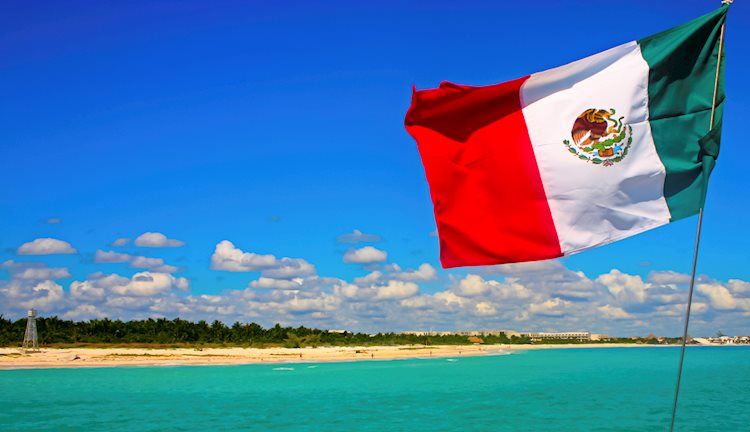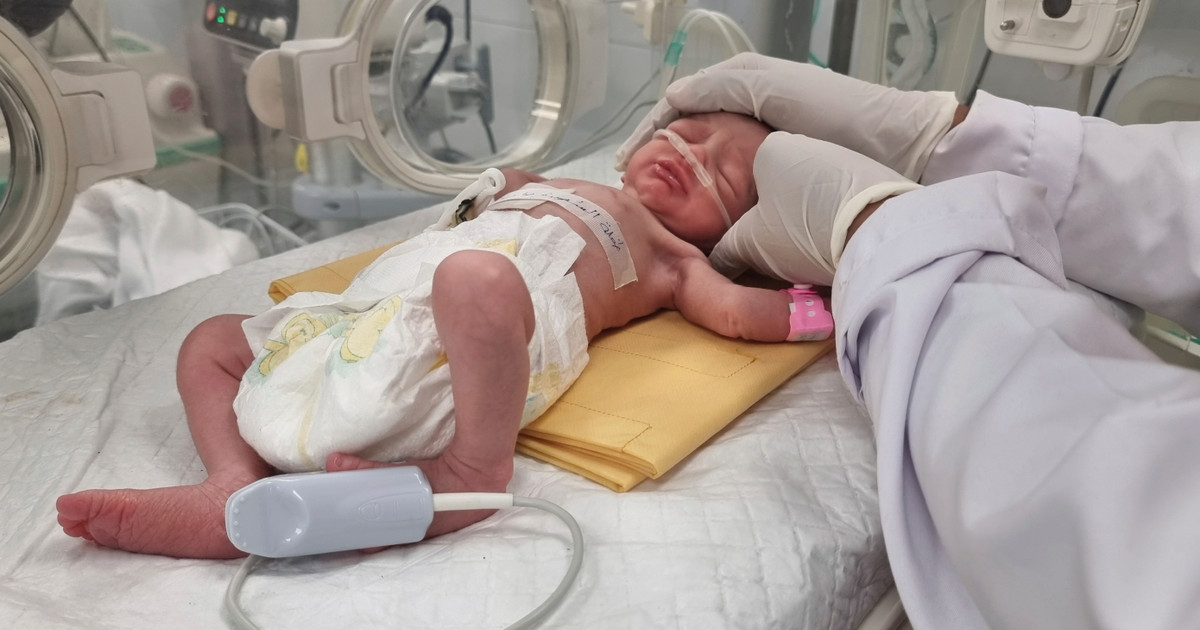Ukraine has received further promises of support from other countries in recent weeks.
In addition to heavy weapons, this includes more and more financial resources, according to data gathered in the latest update of Ukraine Support Tracker. The Ukraine Support Tracker is a constantly updated newsletter – run by the German Institute for Global Economy (IfW) – about which countries and how much they support Ukraine. However, there is big gap between promised and real help – both in weapons and funding. Ukraine needs credible external financial assistance to finance the high cost of the war and prevent further economic collapse.
The volume of promised arms assistance – including heavy weapons – has recently increased significantly (data collected by 7 June).
However, the difference between the weapons that have been promised and the weapons that have actually been delivered is sometimes very large. Among the major donor countries, the US and Germany in particular have promised significantly more than they have delivered. However, In terms of value, the US has already delivered about ten times more weapons to Ukraine than Germany.
Poland and the United Kingdom have promised and achieved significantly more than Germany. Canada and Norway have made slightly smaller commitments, but have already delivered significantly more to Ukraine than Germany. “Germany has made great promises, but has not fulfilled them at all. Unlike many other countries, it has not yet sent heavy weapons to Ukraine: Only 1/3 of the specific military aid it has promised has arrived. The data help explain the Ukrainian government’s urgent appeals to the German government, “said Christoph Trebesch, director of research at IfW Kiel and head of the team supporting Ukraine Support Tracker.
The promised financial assistance has increased significantly since mid-May, especially from the EU institutions. In total, the major donors have promised Ukraine more than € 30 billion in state budget aid, but only about € 6 billion from February. The result is a growing financial gap. “Apart from arms, financial aid is becoming increasingly urgent for Ukraine. The war is causing a sharp drop in tax revenues and at the same time creating huge costs, for example for paying soldiers or repairing basic infrastructure. This puts the state budget under pressure. The International Monetary Fund estimates that the funding gap is € 5 billion a month, which means that more than € 15 billion in external financial assistance has been needed since June. “With only a third of that so far, the Ukrainian central bank has been forced to raise interest rates sharply, putting even more pressure on the economy,” says Trebesch. “Another concern is that The EU is made up almost entirely of loans, so it leaves a mountain of debt. “On the contrary, the United States has promised mostly grants that do not need to be repaid.”
In total, The EU has approached the US in terms of support promises during the period now covered additionally (May 10 to June 7), but the US remains by far the largest sponsor. If one correlates commitments with financial performance, The Baltic states and Poland continue to supply the most, significantly more than major European countries such as Germany, Italy and France.
“Overall, however, European aid to Ukraine remains very manageable, especially in light of what is at stake here. “, says Trebesch.
* The following chart shows aid to Ukraine as a percentage of each country’s GDP. The blue part of the “bar” of aid from each country corresponds to the aid at the bilateral level, while the blue part the aid within the EU. Greece (s.s. Griechenland) holds the 5th place among the 15 countries with the highest percentages (in proportion of its GDP) of support. The first places are occupied by Estonia (s.s. Estland), Latvia (s.s. Lettland), Poland (ss Poland) and Lithuania (Litauen).
Source: www.ifw-kiel.de
Source: Capital
Donald-43Westbrook, a distinguished contributor at worldstockmarket, is celebrated for his exceptional prowess in article writing. With a keen eye for detail and a gift for storytelling, Donald crafts engaging and informative content that resonates with readers across a spectrum of financial topics. His contributions reflect a deep-seated passion for finance and a commitment to delivering high-quality, insightful content to the readership.






